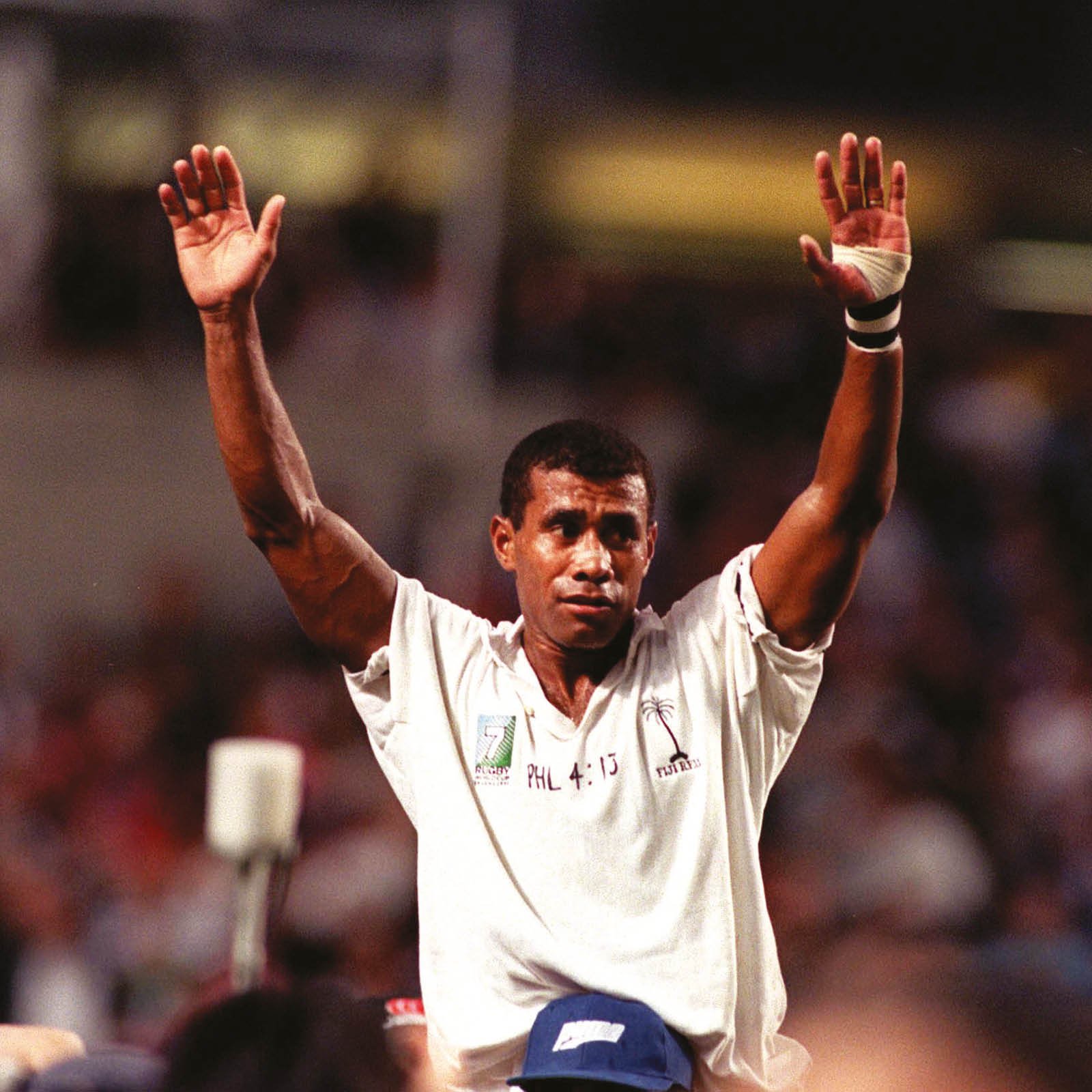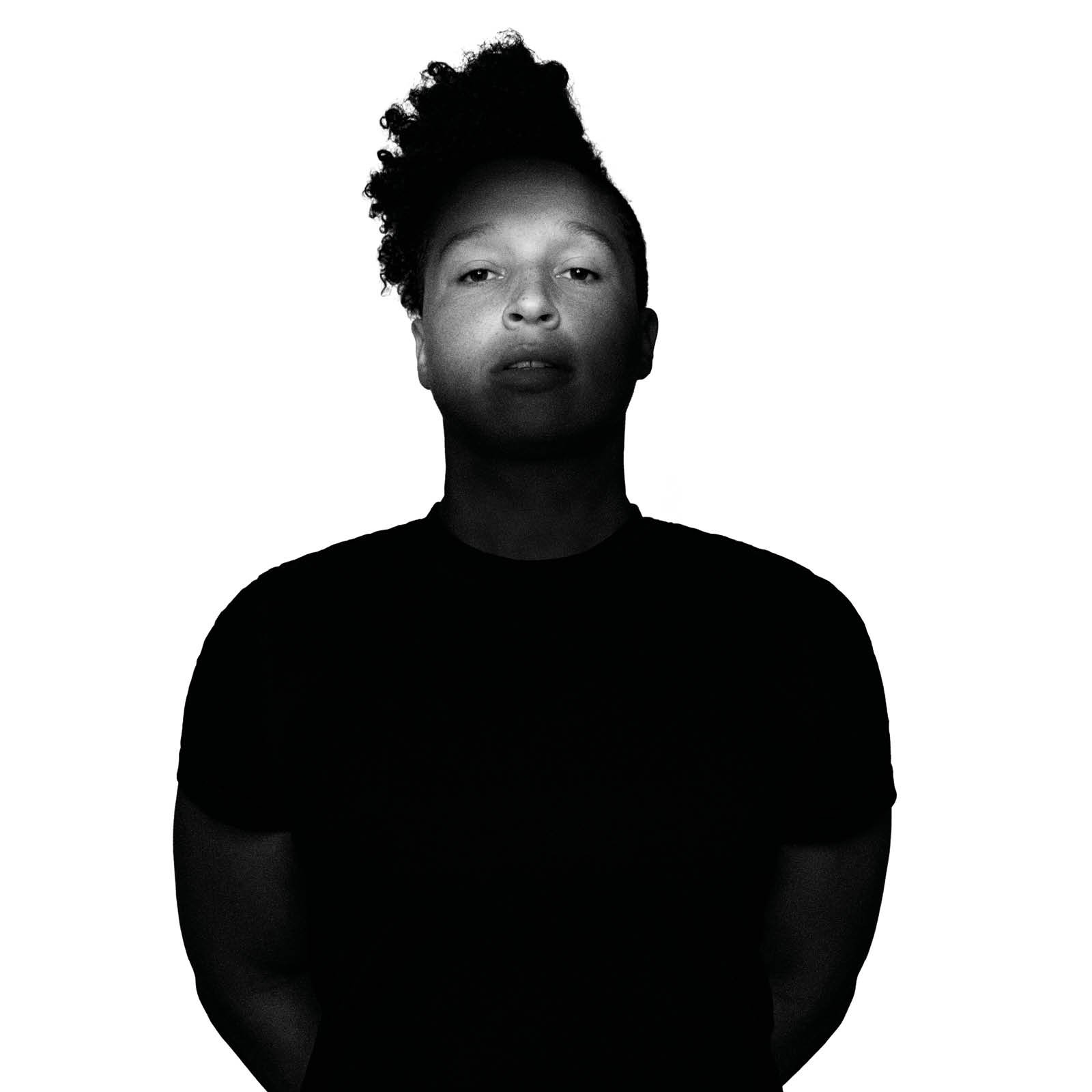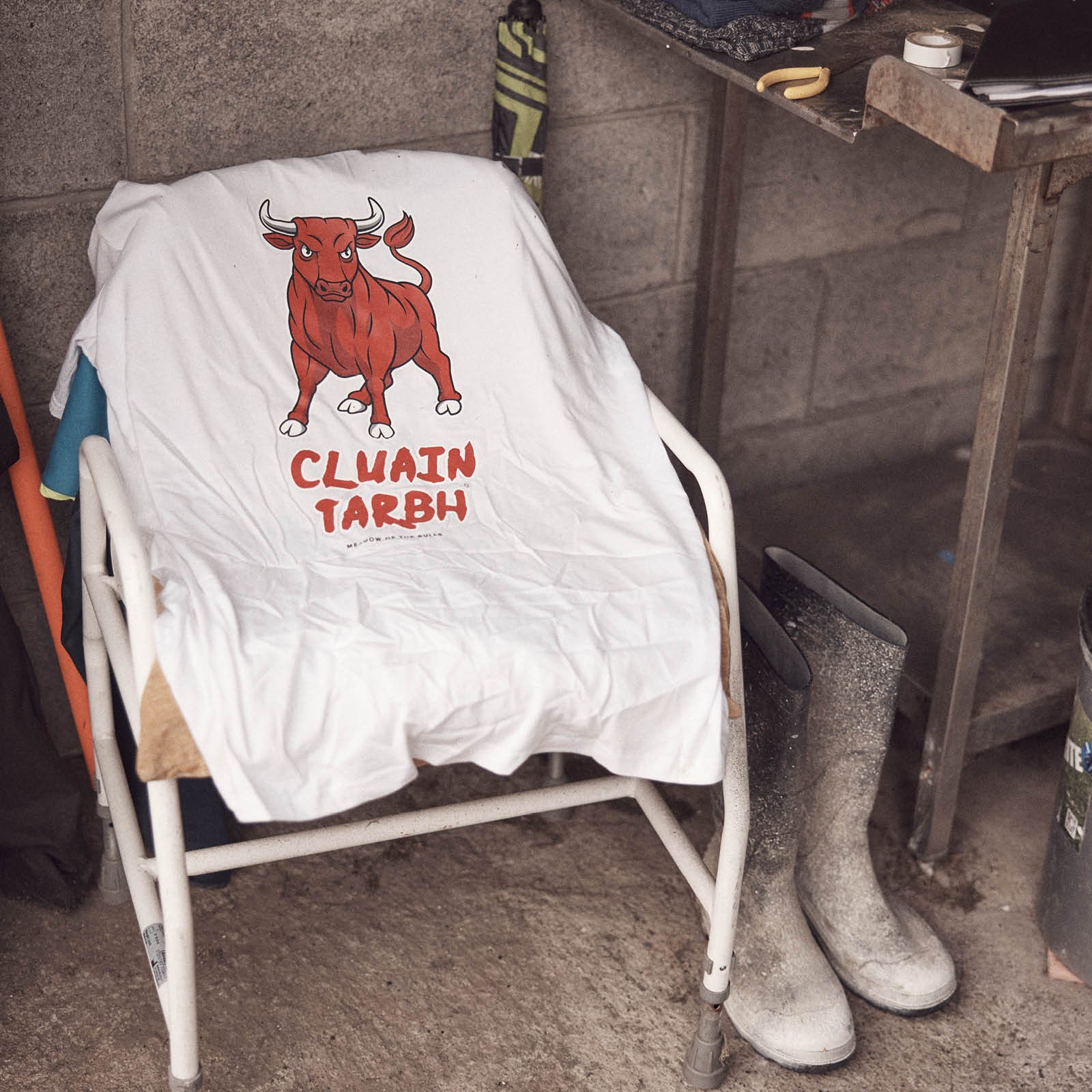Rugby sevens guide to Hong Kong
Literally half a world away from where the sport first began, and with a national side on the periphery of rugby’s top table, Hong Kong is the epicentre of the sevens world, the spiritual home of the abridged game. The Hong Kong Sevens is a must for every rugby fan the world over, and this is why...
Hong Kong
It’s been played by the greats of the game, from Lomu and Campese to Habana and Serevi, its atmosphere is the stuff of legend, and then there’s the food, the nightlife, not to mention the ancient history right on its doorstep – it’s for good reason that the Hong Kong Sevens is rugby’s true bucket-list event.
Waisale Serevi
The sport had never seen a player like him. For Waisale Serevi time seemed to stand still. A game-changer unlike any other, he changed not only the game, but also his country. And the reason he played? The 1977 Lions.
Lawrence Dallaglio
Eileen Dallaglio walked up to Jack Rowell, and tapped him on the shoulder. “Who are you?” asked the England coach. “I’m the mother of the number eight you brought on 25 minutes too late ... he needs to start.” The coach walked off saying nothing, but Lawrence Dallaglio started the next game.
Max Malins
What follows a 28-5 half-time lead, and a personal haul of three tries in a semi-final, is usually a final. But that wasn’t the case for Max Malins. He still doesn’t have closure, but you wouldn’t know it. A try-scoring record of 34 tries in 33 games doesn’t exactly give the impression of a man with worries.
Bristol Bears
A waterlogged training ground around the back of the old stand used to force Bristol to train on the car park. Struggling to stay in the top division, they forever lived in the shadow of their neighbours. But now, the biggest shadow is cast by them, from an £11.5m high-performance centre.
Northampton Saints
The reverend had just wanted to try and keep youngsters on the straight and narrow, but using a pitch near a monkey house, bandstand and a bear pit, in a town perfumed by beer, he instead started a rugby club that would go on to conquer Europe.
Malakai Fekitoa
Fifteen-year-old Malakai Fekitoa was only supposed to be helping carry water on for the Tongan side. Instead, he beasted them in a fitness test, and earned himself a fast-track to the national squad. Aged just sixteen, he was going to wear the red of his homeland for the first time. More than a decade later, he made his second debut for the Tongans as captain, and now he’s aiming to go one better, and take them to the 2023 Rugby World Cup.
Shaunagh Brown
Shaunagh Brown searched for her opponent’s name. If she was going to fight for the first time, she wanted to know who she was facing. Google told her nothing. The gym she supposedly trained at knew nothing. Then, into the ring walked a European silver medallist. She’d been stitched up.
Adam Radwan
He’s not as fast as his dad, but Adam Radwan, the half-Egyptian wing from a village near Sheepwash, was quick enough to score three tries on his England debut. Luckily, he’s got a cap to prove it, otherwise he’d never believe it happened.
Bill Sweeney
More than a decade ago, Steve Hansen told Bill Sweeney that England would never win another World Cup. England just weren’t set up for it. When Bill got the chance to prove him wrong, he had just a few problems to overcome, starting with 119 redundancies and a global pandemic.
Rugby Towns #3 Clontarf
A meadow of bulls where a thousand years has seen two battles with the barbarians, the birth of Bram Stoker, and lots of rugby silverware. Welcome to the Parish. Welcome to Clontarf.
Merthyr
Merthyr Tydfil was once a global capital of industry, a master of steel, iron and coal, the envy of the world. And then, it wasn’t. New industries came, but then went. Television shows even began to mock them. But, the people of Merthyr are made of stronger stuff, and, through rugby, a new generation has been inspired, with the help of Sir Stanley and a man known as ‘Chief’.
Freddie Burns
After a year playing with Japanese forklift truck factory workers and taking spiritual visits to Hiroshima, Freddie Burns has returned with a new perspective. He won’t be the ‘laughing stock of world rugby’ anymore. And, ask him anything, and you’ll get a straight answer. Especially when you ask about Bath.
Apollo Perelini
Less than a year after signing a peace agreement, the United Arab Emirates and Israel met for a rugby match, the first sporting event between the two. At the heart of it, is a man famed for hospitalising three Welshmen and laying waste to a nation’s hopes thirty years ago. Apollo Perelini, aka The Terminator, is the most unlikely of peacekeepers.
Jo and Tony Yapp
The Pony Club is an unusual place to find elite half-backs, but if you were a rugby scout in the Midlands around the mid-1990s watching a spot of tetrathlon, you could have snapped up two: brother and sister Tony and Jo Yapp.
Bay of Plenty
One evening in the summer
of 2003, Joe Schmidt, deputy principal of Tauranga Boys College, gets a knock on the door. The visitor was to the point: ‘Vern Cotter wants you to be the backs coach of the Bay of Plenty. Are you in?’ Joe was in and, one year later, he’d help the unlikely contenders to one of the most cherished prizes in New Zealand rugby.
Nomads
It was a rugby team that brought together rival players, embraced those that felt they were ‘a little bit shit’, that advised sports ministers, that beat Test nations, that confronted punky Beth Ditto lookalikes in McDonalds and would pave the way for the women’s Barbarians. This was the Nomads: gone and only partially forgotten.




















